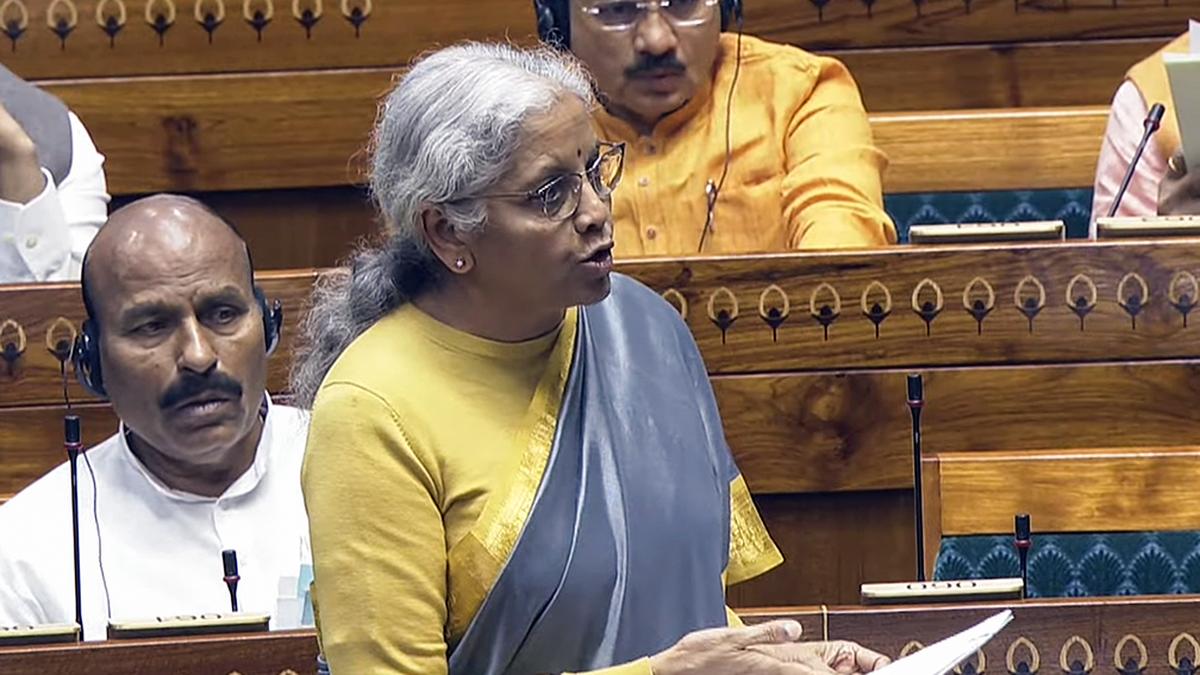
Parliament panel examining I-T Bill holds first meeting
The Hindu
Finance Ministry briefs Lok Sabha Select Committee on new Income Tax Bill, aiming to simplify language and improve user-friendliness.
The Finance Ministry on Monday (February 24, 2025) briefed the members of a Select Committee of Lok Sabha on various aspects of the Income Tax Bill as the panel headed by BJP MP Baijayant 'Jay' Panda held its first meeting.
Sources said the finance secretary told the parliamentarians that the Bill will simplify the existing Act, enacted over six decades back, and make it more user-friendly.
Lok Sabha sent the Bill to the committee on the request of Finance Minister Nirmala Sitharaman after she introduced it in the House in the first half of Parliament's Budget Session.
Ms. Nirmala had said the new I-T Bill will carry forward the spirit of "Nyaya" (justice) based on the concept of "trust first, scrutinise later".
The Bill seeks to replace terminologies such as “assessment year” and “previous year” with the easier-to-understand “tax year” as part of a move to simplify language while removing provisos and explanations.
Lok Sabha Speaker Om Birla had constituted the 31-member Select Committee on February 14.
Besides Mr. Panda, other BJP members who are on the panel include Nishikant Dubey, P P Chaudhary, Bhartruhari Mahtab and Anil Baluni.

According to the United Nations’ Conference on Trade and Development (UNCTAD), the underlying logic of credit rating agencies is to avert the information asymmetry between borrowers and lenders about the latter’s creditworthiness. It further explains that issuers with lower credit ratings pay higher interest rates – reflective of the greater associated risk with lending to them, than the higher rated issuers.

According to the United Nations’ Conference on Trade and Development (UNCTAD), the underlying logic of credit rating agencies is to avert the information asymmetry between borrowers and lenders about the latter’s creditworthiness. It further explains that issuers with lower credit ratings pay higher interest rates – reflective of the greater associated risk with lending to them, than the higher rated issuers.











